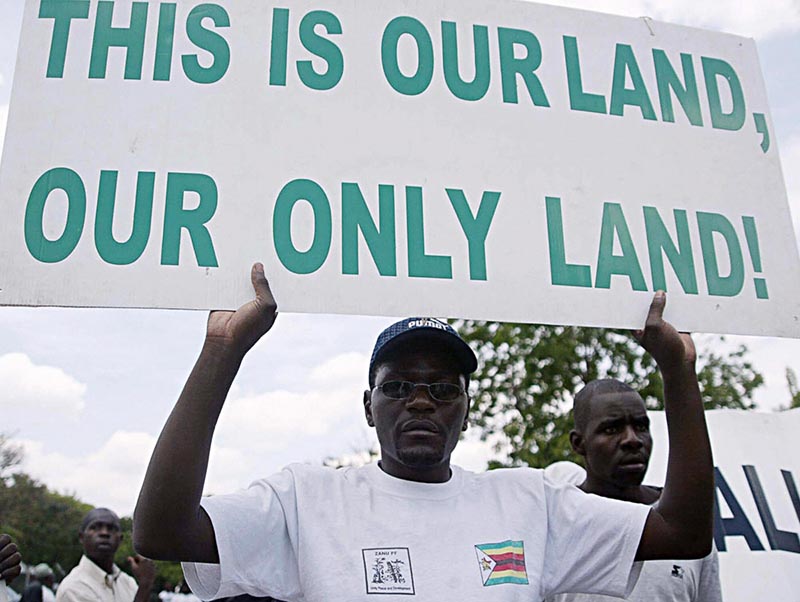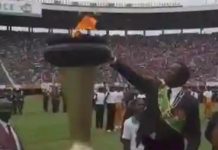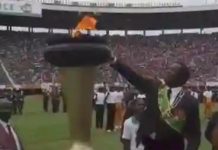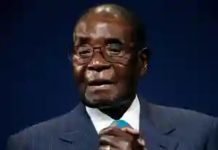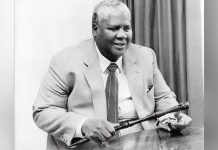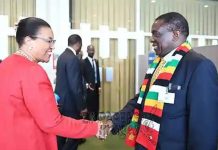ZIMBABWE’S land invasions pioneering community, the Svosve people from Mashonaland East province, like most citizens are divided over former President Robert Mugabe’s death.
The people of Svosve, who were first to invade white owned farms back in 1998, were kicked out by government but continued to make noises before their move triggered what would later become Mugabe’s controversial signature policy and would also define his legacy.
Mugabe died last week in Singapore and will be buried in Harare this coming Sunday. He was 95.
He ruled Zimbabwe with an iron fist for close to four decades before he was deposed by a military coup in November 2017.
Some farmers in the area also said they were living in fear after the government recently carried out a land audit amid indications from Agriculture Minister, Perrance Shiri that non-productive resettled farmers would be removed.
Shiri has also facilitated the return of several white farmers to their farms.
“We are not sure of our fate here as we have heard from government sources that we might be removed from our land as we are not productive and pave way for the return of white farmers. But we cannot be productive when the government has stopped supporting us and middlemen are ripping us after harvesting our crops,” a Masomera-based farmer, Shingirai Mupazviriho said.
In 1998, over 4 000 people from the Svosve community, led by the now late Chief Svosve, Enock Zenda, moved into several surrounding commercial farms in Marondera East, occupying them briefly before the government ordered them to return to their villages.
However, the land reform programme was revived in 2000 after a referendum on a new national Constitution was rejected by the people.
Mugabe, angry at the white famers’ apparent support for the then newly formed opposition MDC and its campaign for a ‘No Vote’ at the referendum, reacted by unleashing war veterans and ordinary people onto the farms, turning the country’s agricultural sector upside down.
The country’s economy has never recovered from the devastation.
However, for the Svosve community, who still view themselves as the pioneers of land reform, are divided on Mugabe’s position in their lives and his legacy.
One farmer, Michael Magorimbo said he was worried that for the first time since he moved into Bruce Farm in the area in 2006, the government had last season failed to support them with inputs.
“Before President Mugabe was removed from office in 2017, we used to receive inputs such as fertiliser and seed from the government, but last season, most of us got nothing. We are feeling that the current government has abandoned us. We are not sure whether we will get any support for the coming season,” Magorimbo said.
Another resettled farmer, Mathew Musokeri said although they had occupied prime farming land, it was now difficult for them to continue farming as there was no longer support for them like during the days of Mugabe.
“I am a tobacco farmer and the government used to support and protect us. However, this year, when I sold my crop at the tobacco auction floors, the prices I got were very low when we compare with what we used to get.
“I don’t think I will be able to farm this year because I didn’t get any profit. Instead, I am in debt and owe money to a number of people including my workers because I failed to recover my costs,” he said.
Musokeri added that the current government had abandoned resettled farmers and most were now impoverished.
“During Mugabe’s days, we had our own problems, but the government used to support us unlike the current government, which is neglecting us,” said Musokeri.

